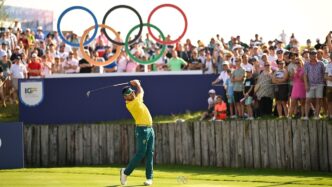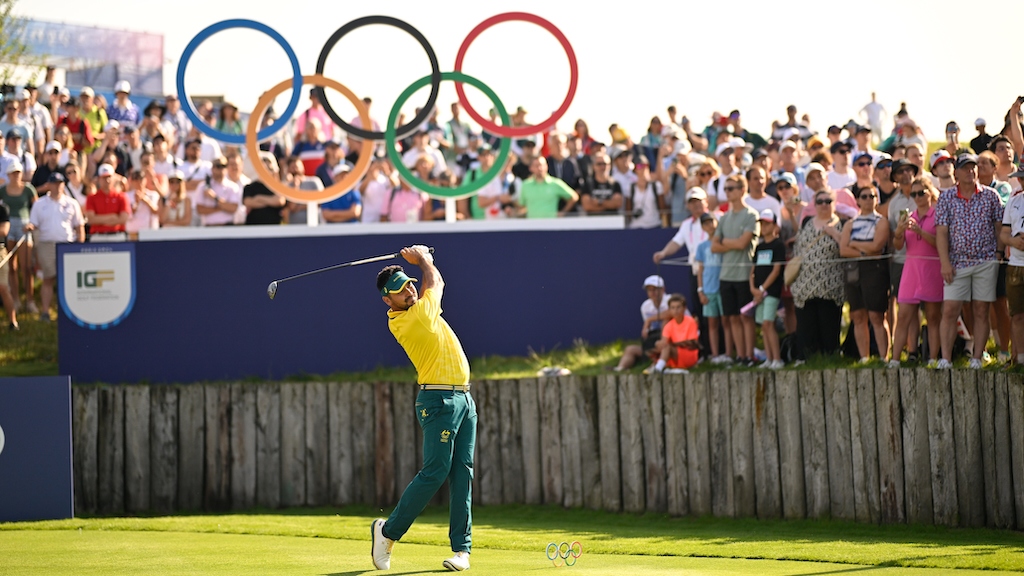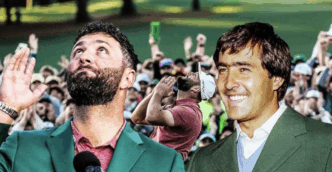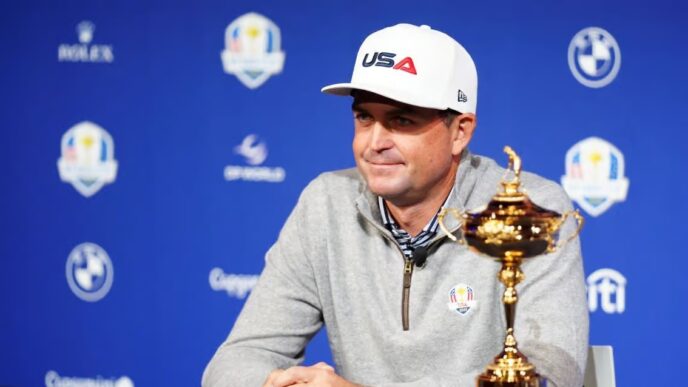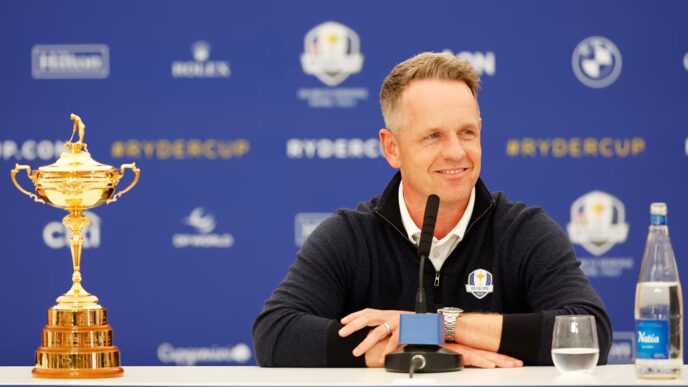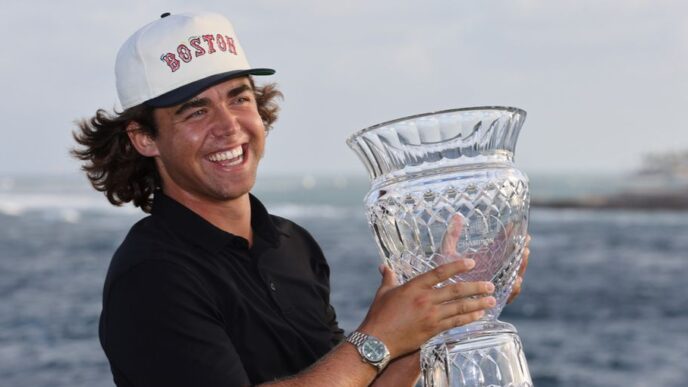When golf returned to the Olympic Games in 2016, it was more a cautious experiment than a triumphant homecoming. After more than a century in exile, Olympic golf was back — but was anyone really watching?
Fast forward to today, and the answer is a resounding yes. As we move toward Los Angeles 2028, golf has carved out a compelling niche in the Olympic landscape — and its next chapter promises to be its most exciting yet.
The Forgotten Debut
Golf made its Olympic debut at the 1900 Paris Games and returned once more in 1904 in St. Louis. Both editions were modest affairs, largely overshadowed by other disciplines and, in some cases, misunderstood by the athletes themselves. Then came 112 years of silence.
Despite being one of the world’s most played sports, golf remained on the sidelines of the Olympic movement. That all changed in 2009, when the International Olympic Committee voted to reinstate the sport, with its official return scheduled for Rio 2016.
Rio 2016: A Modest Revival
The reintroduction in Brazil was promising but not perfect. Several top-ranked players, including Jason Day, Rory McIlroy, and Dustin Johnson, skipped the tournament due to concerns over the Zika virus and scheduling. Yet the event still produced magic.
Great Britain’s Justin Rose edged out Henrik Stenson in a thrilling finish to claim the first men’s gold medal since 1904. Inbee Park dominated the women’s field to secure gold for South Korea. The crowd, the pressure, and the honor of representing one’s country — it all worked. The Olympic flame had been relit in golf.
Tokyo 2020 (Played in 2021): Olympic Golf Matures
Held under pandemic conditions, the Tokyo Games offered a more committed player field. Xander Schauffele claimed gold for the U.S., while Japan’s Hideki Matsuyama fought valiantly on home soil. In the women’s event, Nelly Korda of the United States secured gold with a dominant performance.
The drama was real, and so was the shift in perception. Players who once questioned the value of Olympic golf now called it one of the highlights of their careers. As Rory McIlroy said:
“It’s not about money or ranking points. It’s about pride.”
Paris 2024: Cementing Its Place
At Le Golf National, the Olympic tournament in 2024 further established the sport’s legitimacy. Full-strength fields. National rivalries. Close finishes. The Olympic format — 72-hole stroke play — proved adaptable and compelling.
No longer just a novelty, Olympic golf was now an event that mattered. To players. To fans. To federations.
Los Angeles 2028: Innovation Incoming
The biggest leap is still to come. At the 2028 LA Games, Olympic golf will expand to include a mixed team competition — a move widely celebrated in both the men’s and women’s games. Players from the PGA and LPGA Tours will team up, representing their countries in formats like fourball and alternate shot.
It’s a game-changer. Mixed team events have long been fan favorites in exhibitions and at events like the Scandinavian Mixed. Their inclusion on the Olympic stage marks a new era — one that prioritizes entertainment, inclusivity, and strategic team play.
Why the Olympics Matter in Golf
Olympic medals don’t offer FedExCup points or OWGR boosts. There’s no purse. But for players, the chance to stand on a podium while their national anthem plays is unmatched.
It’s also a chance for global exposure. Players from emerging golf nations — India, Thailand, Chile, Morocco — get a rare spotlight, often teeing it up next to major champions. The Olympics democratize the field like few other events in golf.
From Peripheral to Pinnacle
In just over a decade, Olympic golf has gone from afterthought to aspiration. It no longer begs for attention — it demands it.
And with the 2028 Games set in golf-crazy Los Angeles, the stage is perfectly set for a breakthrough moment. One that could define careers, unite fans, and perhaps crown the next true GOAT on sport’s biggest stage.
